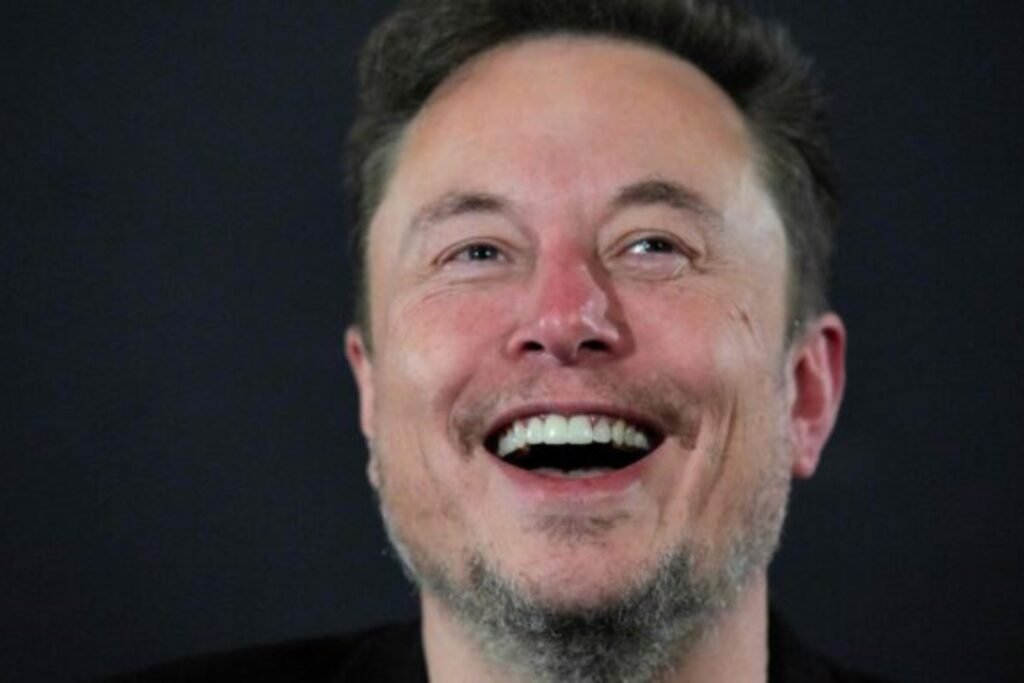Is Resting a Thing of the Past? Google Supports Elon Musk’s Disturbing Work Vision

In a scenario where many companies are exploring more flexible work models, prominent figures such as Elon Musk are advocating for ideas that challenge traditional concepts of time and health. This raises the question: are we entering a new era of work, or are we on the brink of a corporate dystopia?
Challenging Legality: 120 Hours per Week
Elon Musk has made headlines by declaring that his employees work 120 hours per week, a practice that goes beyond the boundaries established by US labor laws. This extreme workload, equivalent to almost 24 hours a day, has sparked debate about the ethical implications of such demanding schedules.
While Musk argues that his employees are fully aware of the commitment required to drive transformative change, critics raise concerns about the toll on physical and mental health. The idea that working “only 40 hours” is a path to failure further highlights the controversial nature of Musk’s work philosophy.
Productivity or Extreme Exhaustion?
The relentless pace of work, combined with constant pressure and lack of rest, can have detrimental effects on individuals, leading to issues such as anxiety, exhaustion, and cardiovascular problems. Beyond the human cost, a work environment characterized by non-stop activity may ultimately hinder real productivity, creating an illusion of efficiency.
Sergey Brin and the “Ideal” 60 Hours
In a similar vein, Sergey Brin has encouraged the Gemini artificial intelligence team to increase their work hours to 60 per week, citing this as the optimal level for productivity. However, this push for longer hours has sparked backlash, with critics highlighting the potential negative impact on employee well-being and work-life balance.
As leaders like Musk and Brin advocate for pushing the limits of work hours, the debate continues on whether this approach truly leads to innovation or simply sacrifices human well-being for the sake of productivity. The contrasting viewpoints on working hours point to a broader question: what are we willing to sacrifice in the pursuit of efficiency, and at what cost to our health and well-being?




